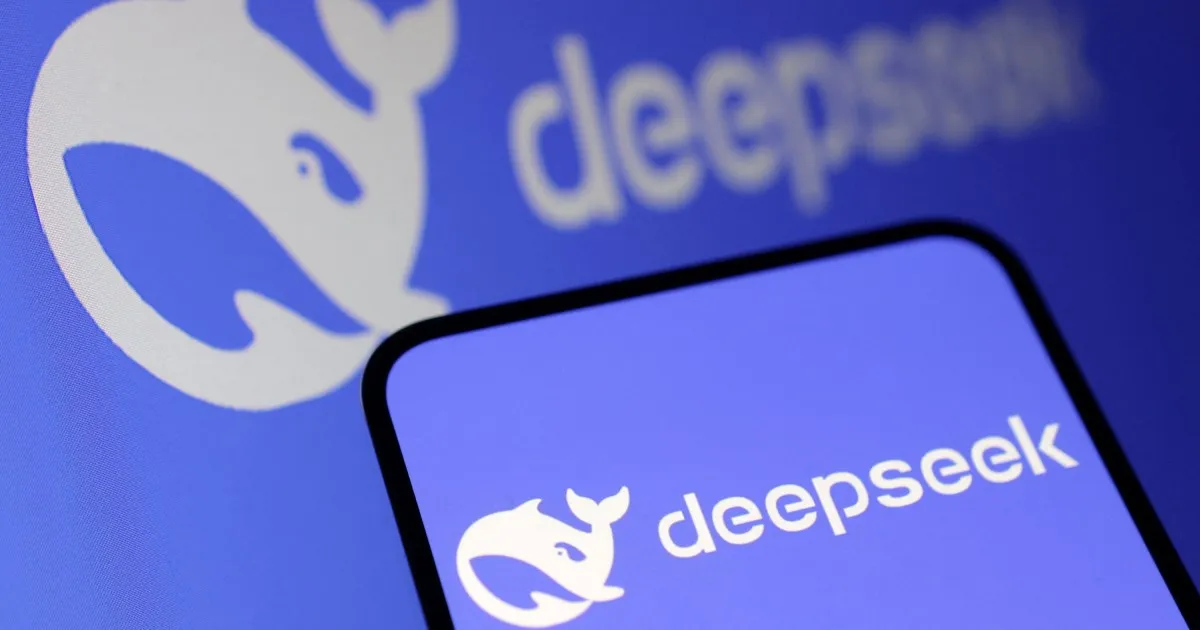Meta is rolling out new facial recognition tools across its platforms in the Middle East and North Africa (MENA) region as part of a broader initiative to combat online scams and improve account security. The move targets “celeb-bait” scams—fraudulent ads that misuse and alter images of public figures to deceive users into revealing personal information or sending money.
The system compares images in suspicious advertisements against the profile pictures of verified celebrities and public figures on Facebook and Instagram. When a match is found, the fraudulent content can be swiftly removed before reaching a wider audience. Meta has stressed that any facial data collected during this ad-checking process is deleted immediately after the one-time comparison, regardless of whether a match is confirmed.
Public figures in the MENA region are automatically enrolled in this protection program but can choose to opt out if they prefer. Meta says the initiative reflects its growing efforts to tackle scams that exploit individuals’ likenesses, responding directly to concerns raised by users and public figures in the region.
Alongside scam prevention, Meta is also introducing a new account recovery feature designed to speed up the process for users whose accounts have been compromised. The new video selfie verification tool allows users to record a short video selfie, which the system compares to existing profile photos. This method, similar to facial recognition technology used for smartphone unlocking, aims to provide a faster and more secure alternative to traditional document-based recovery methods.
As with the scam detection feature, Meta asserts that all facial data used for verification is encrypted, used only for the verification process, and deleted immediately afterward. No biometric data is retained or repurposed.
Basma Ammari, Meta’s Director of Public Policy for the MENA region, emphasized the importance of these updates, noting that scams misusing personal images not only mislead users but can cause significant emotional and financial harm. She highlighted the company’s investment in proactive technologies like facial recognition to catch fraudulent activities early and improve user trust.
These initiatives are part of Meta’s broader push to create a safer and more secure online environment, particularly in regions where identity-based scams have become an increasing threat.







